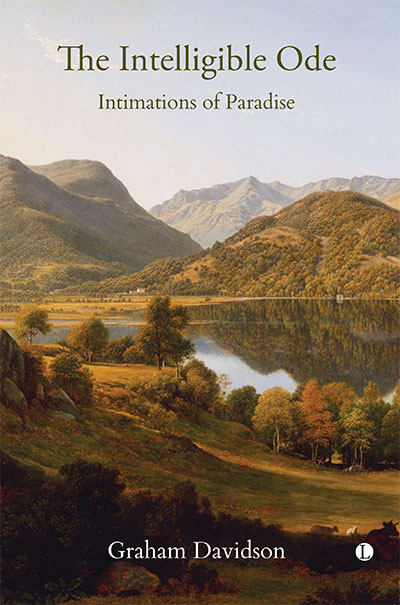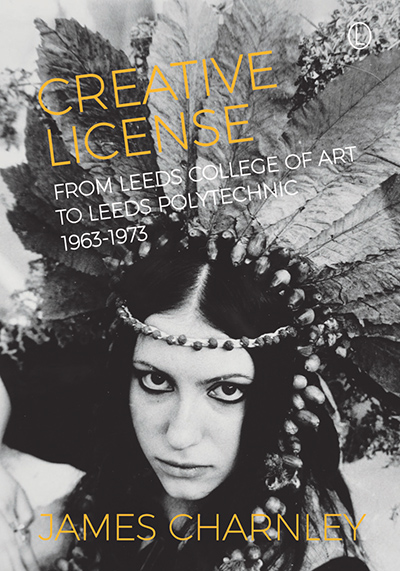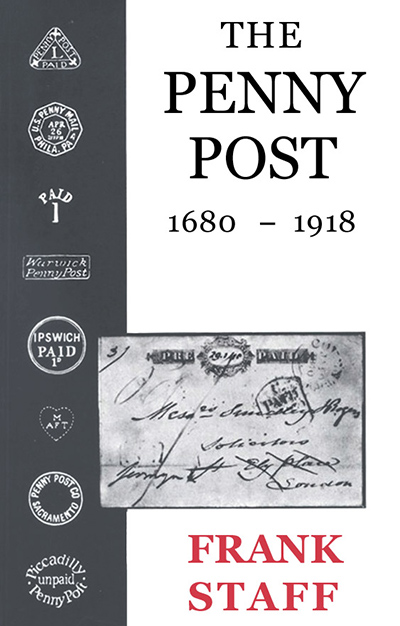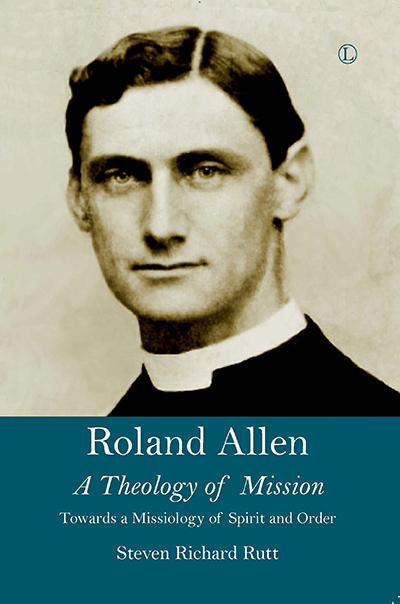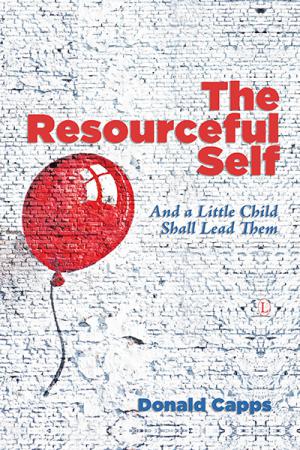Description
From its first publication, what is now known as the Immortality Ode has been praised for the magnificence of its verse and disparaged for its paucity of meaning – the ‘immortality’ of the subtitle unsubstantiated, and the ‘recollections’ insubstantial. Yet Wordsworth’s idea of immortality has clear precedents in the seventeenth century, and recollections of childhood are Traherne’s starting point for the recovery of a lost vision comparable to Wordsworth’s. Via the power of the imagination, or reason, they believed they could experience a renewed vision that both termed variously Paradise, or infinity, or immortality.
Graham Davidson In The Intelligible Ode: Intimations of Paradise traces the origins of Wordsworth’s poetic impetus to his resistance to the Cartesian division between mind and nature, first adumbrated by the Cambridge Platonists. If reunited, Paradise was regained, but this personal trajectory was tempered by a deep sympathy for the woes of mortal life. Davidson explores the consequent dialogue through some of Wordsworth’s best-known poems, at the heart of which is the Ode. In the last section, he demonstrates how Wordsworth’s publishing history led the Victorians and modernists to misinterpret his work; if one considers Eliot’s Four Quartets as odes, facing several of the same problems as did Wordsworth, there is some irony in Eliot’s dismissal of the Immortality Ode as ‘verbiage’.
About the Author
Graham Davidson was the editor of The Coleridge Bulletin for twenty-five years, to which he contributed regularly. He has also published in The Charles Lamb Bulletin, The Wordsworth Circle, Romanticism, and The Philological Quarterly. He has made contributions to Coleridge’s Assertion of Religion, Coleridge in the West Country, The Bible in English Literature and Revisioning Cambridge Platonism. His first book, Coleridge’s Career, was published in 1990.
Contents
Abbreviations
Acknowledgements
Introduction
Part I. Patterns
1. A Philosophical Framework: Understanding the Intelligible
2. Expostulation and Reply: The Tables Turned
3. Lines written a few miles above Tintern Abbey
4. Geometry, Poetry and the Sublime of Man
Part II. Principles
5. Intimations
6. Recollections
Part III. A Crisis: The Poems of 1802
7. Several Kinds of Poem
8. Heaven and Earth
Part IV. Reading the Ode
9. Origins
10. Verse, Grammar and Imagery
11. Competing Forces
12. Stanzas I-IV: The Statement of Loss
13. Stanzas V-VIII: The Analysis of Loss
14. Stanzas IX-X: Recovery
15. Stanza XI: Resolution
Part V. Looking Forward into History
16. Poems Published and Unpublished
17. What if? A Counterfactual Reading
Bibliography
Index
Endorsements and Reviews
Many attempts have been made to fit Wordsworth’s thought to the various templates of Anglicanism, Methodism, Pantheism, or to the very different philosophies of Locke, Berkeley or Kant. But, bar that of Plato, he avowed no ‘ism’. Davidson demonstrates that the framework of Wordsworth’s thinking closely matches, and might be derived from, that of the very undogmatic Cambridge Platonists. Douglas Hedley, Professor of the Philosophy of Religion, University of Cambridge
A thorough investigation of the merits of Wordsworth’s Intimations Ode from which any reader will learn. Freshly conceived, meticulously worked through, probing, respectful, exciting: a book to send readers back to the poem enlivened. James C.C. Mays, Emeritus Professor of Modern English and American poetry, University College Dublin
The fruit of a lifetime’s engagement with Wordsworth, this is a deeply pondered, questioning study, full of insight into the poet’s endless struggle to shape his thoughts. Of particular interest is how Davidson tackles Wordsworth’s enigmatic ‘life of things’ and its relationship to the thing itself. Uniquely, his study of Traherne illustrates how the progress of the Ode follows the pattern of Traherne’s thought. David Fairer, Emeritus Professor of English, University of Leeds
In this strikingly original discussion of Wordsworth’s major poems, free of theoretical obfuscation, Graham Davidson persuasively demonstrates that the poet’s refusal to publish his work in chronological order, and The Prelude in his lifetime, resulted in the failure of the Victorians and the Modernists, especially Eliot, to understand fully what he had done. Stephen Gill, Supernumerary Fellow, Lincoln College Oxford
Stimulating, stylish and meticulously researched, Graham Davidson’s latest book offers new ways of reading William Wordsworth’s Immortality Ode, a poem central to his poetic oeuvre, but often wildly misread or simply misunderstood.Jayne Thomas, Time Literary Review, October, 20, 2023
For Davidson, Eliot’s poetry points the reader to a gesture of
salvation beyond this world, whereas Wordsworth and Coleridge felt it incarnated before them and passed on their experience of its power to others. By drawing on the Cambridge Platonists, as well as Douglas Hedley’s discerning work on them, Davidson brings into focus a Wordsworth for whom paradise was regained through an intellectual acuity inseparable from sympathy, compassion, and faith. Emma Mason, University of Warnick, In The Charles Lamb Bulletin, Wintr 2023, New Series No. 178
Davidson’s readings are admirably dedicated to preserving and explicating the terms of Wordsworth’s writings, not only in the poetry, but in the prose and letters; he immerses his readers in generous quotations selected from throughout Wordsworth’s body of work; and he is confident that Wordsworth speaks to any who will hear. Owen Boynton In A Tremble Ever Since In Essays In Criticism, Vol 73, Issue 4, October 2023, pages 460-467.
Graham Davidson’s new book devoted to Wordsworth’s Ode: Intimations of Immortality is fascinating for its skillfulness in circumventing the dense history of Wordsworth criticism in practice—but not in spirit, which he subtly channels while also ensuring that intimate critical interaction between reader and poem remains central across seventeen chapters that span five sections. J. Jennifer Jones in The Coleridge Bulletin, No. 63, Summer 2024
Davidson’s book would make a useful study for undergraduates on how to close-read and write about poetry. For more seasoned scholars, Davidson puts Wordsworth’s poems into productive relationships with each other. Clear writing, broad biographical and other contextual information, and colloquial asides also make this a suitable book for a general reader who wants to know more about Wordsworth, his famous ode, or even how literary analysis is conducted. Regardless of whether one agrees with Davidson’s argument, The Intelligible Ode presents a fascinating example of intellectual curiosity, scholarship driven by passion rather than necessity, and the fruits of sustained thinking about a body of work. Lisa Ann Roberson, Associate Professor of English at the University of South Dakota, In Review 19, June, 2024
Nonetheless, their work makes an invaluable contribution to the rich conversations currently taking place on the critical influences and legacies of Romantic thought.April McGinnis in European Romantic Review, 35-3, 584-589pp, August, 2024.

